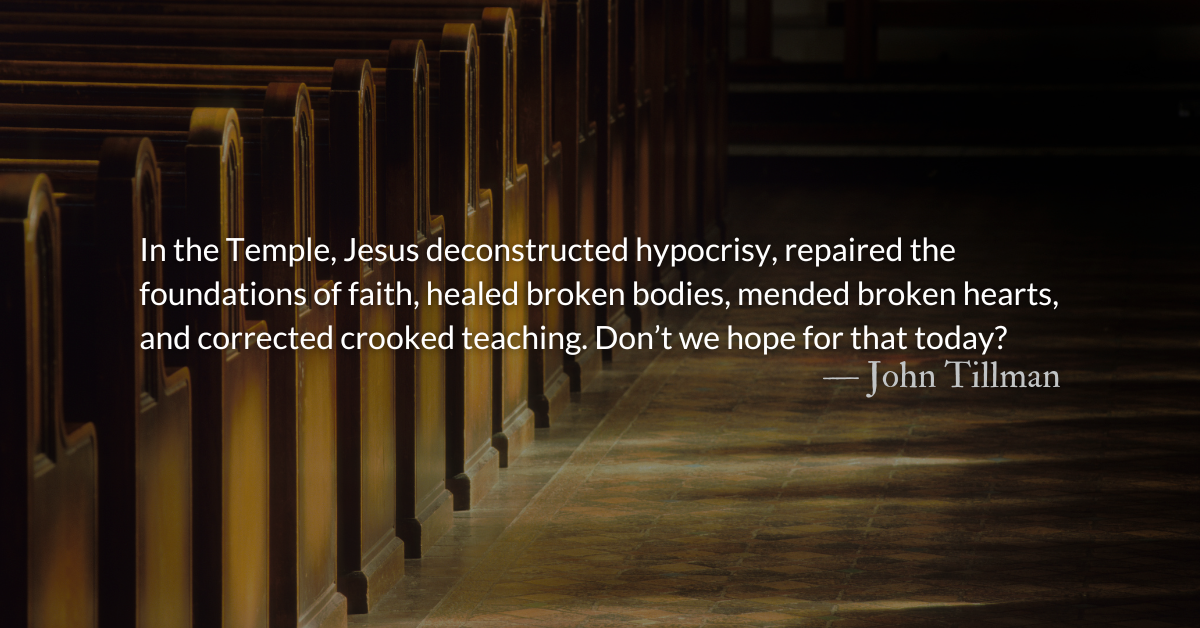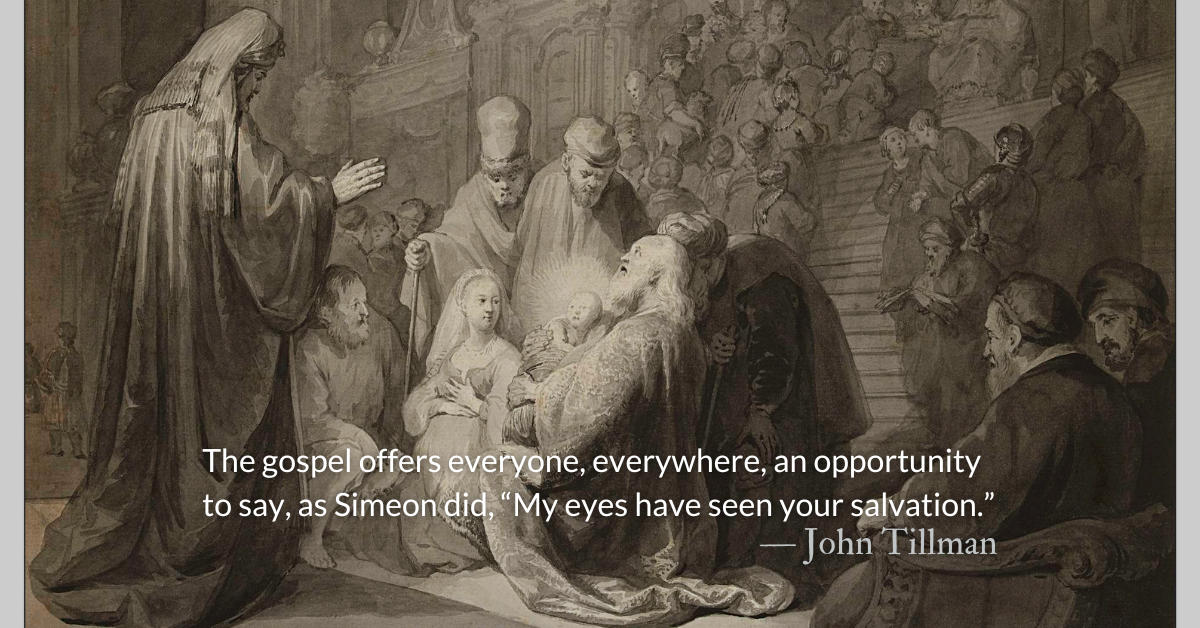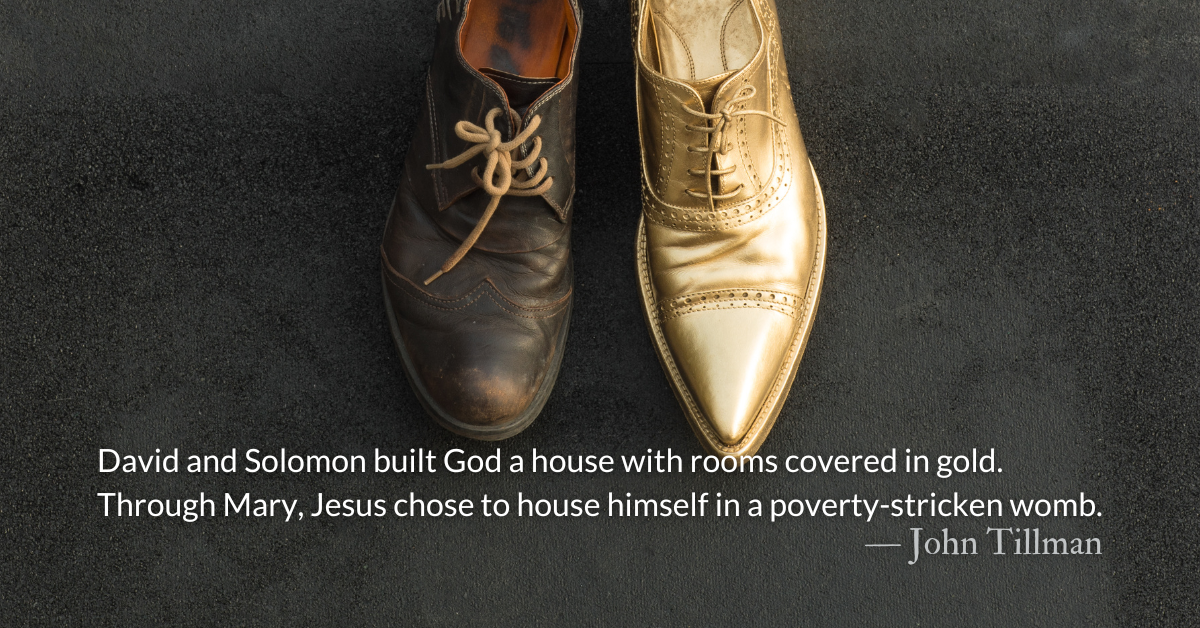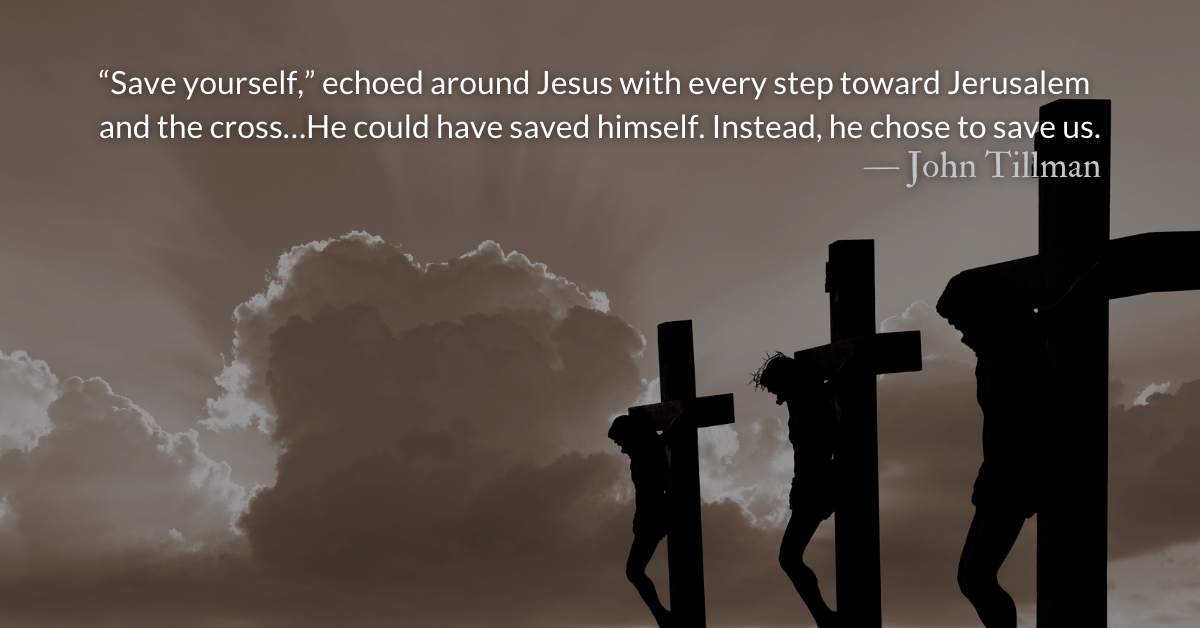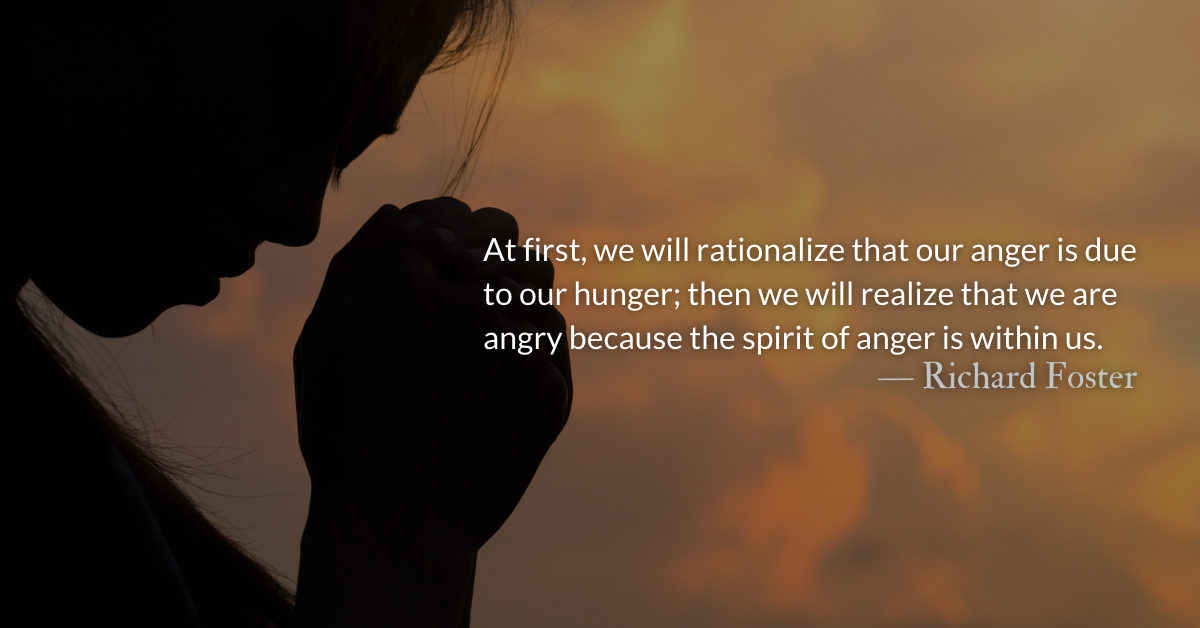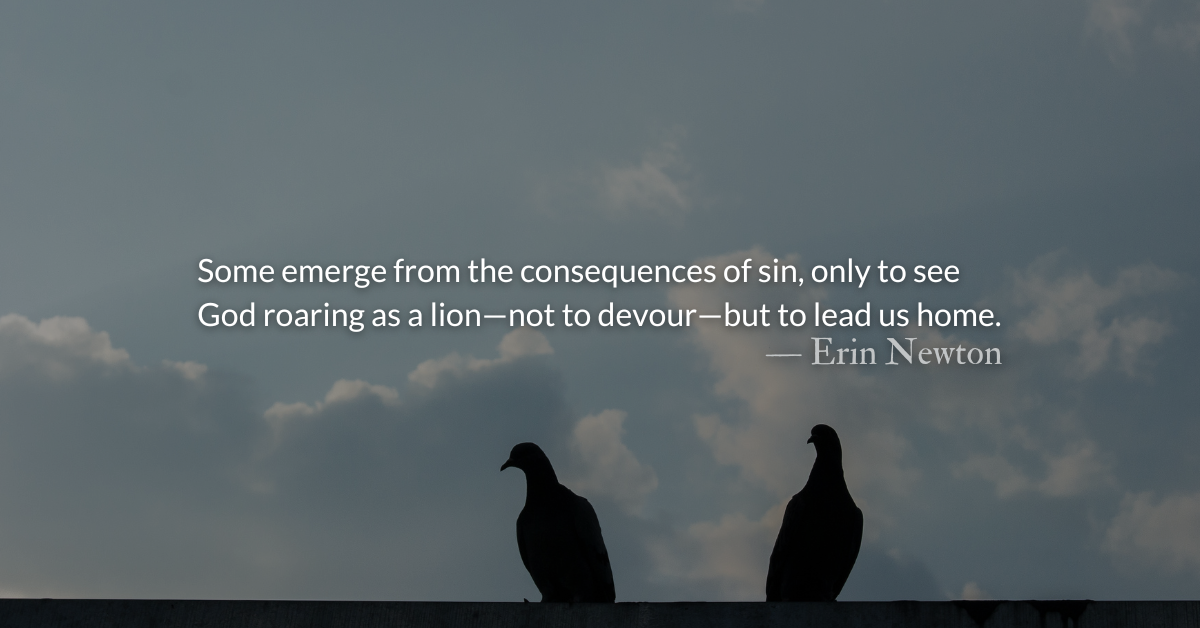Scripture Focus: 2 Chronicles 7.11-16
11 When Solomon had finished the temple of the Lord and the royal palace, and had succeeded in carrying out all he had in mind to do in the temple of the Lord and in his own palace, 12 the Lord appeared to him at night and said:
“I have heard your prayer and have chosen this place for myself as a temple for sacrifices.
13 “When I shut up the heavens so that there is no rain, or command locusts to devour the land or send a plague among my people, 14 if my people, who are called by my name, will humble themselves and pray and seek my face and turn from their wicked ways, then I will hear from heaven, and I will forgive their sin and will heal their land. 15 Now my eyes will be open and my ears attentive to the prayers offered in this place. 16 I have chosen and consecrated this temple so that my Name may be there forever. My eyes and my heart will always be there.
Luke 2.45-49
45 When they did not find him, they went back to Jerusalem to look for him. 46 After three days they found him in the temple courts, sitting among the teachers, listening to them and asking them questions. 47 Everyone who heard him was amazed at his understanding and his answers. 48 When his parents saw him, they were astonished. His mother said to him, “Son, why have you treated us like this? Your father and I have been anxiously searching for you.”
49 “Why were you searching for me?” he asked. “Didn’t you know I had to be in my Father’s house?”
Reflection: Zealous Correction and Healing — Hope of Advent
By John Tillman
God promised Solomon that his eyes, ears, and heart would always be in the Temple and attentive to those who sought him there. But, God warned that if they turned away and abandoned him, he would reject Solomon’s Temple, destroy it, and exile his people away from the Temple and his presence. The slide into idolatry began quickly. Soon, Solomon built other temples for false gods and joined in worshiping there.
By the time Jesus visited Jerusalem, Solomon’s Temple had been destroyed and burnt with fire. Jesus entered a rebuilt version. However, Jesus’ eyes, ears, and heart still longed to be there, engaging in his father’s business.
One of the humorous mysteries of the incarnation is imagining adults teaching young Jesus about the world he created and the scriptures he inspired. Imagine him, who filled the hearts of psalmists until they burst with poetry, learning to sing words he shaped. Imagine him, who spoke through Isaiah and other prophets about the minute details of his life, ministry, and death, sitting in Nazareth’s Hebrew school listening to a teacher interpret Isaiah’s words without realizing they are about him. Imagine Jesus, who “knew what was in each person” (John 2.24-25), learning ethics from a pharisee who will “devour widows’ houses and for a show make lengthy prayers.” (Mark 12.40)
For Jesus, God’s house was the Temple, flawed as it was. Like today, corruption in religious circles was rampant, and religious leaders were more concerned about political power than truth or justice. Jesus showed us an example of maintaining zeal for God’s house in his life, but that zeal didn’t mean warm, fuzzy nostalgia or not rocking the boat. Every time Jesus came to the Temple, there was something to confront. In the Temple, Jesus deconstructed hypocrisy, repaired the foundations of faith, healed broken bodies, mended broken hearts, and corrected crooked teaching. Don’t we hope for that today?
For us, God’s house is the church, flawed as it is. Advent tells us Jesus is coming. To our churches. To our cities. To us. His eyes, ears, and heart are in his church today. What might Jesus see, hear, and feel in our churches? Will he long to stay? Will he find us doing his father’s business?
Thank God, Jesus is zealous for imperfect people and places! May his Advent bring zealous correction for our errors and healing for our weaknesses.
Divine Hours Prayer: The Refrain for the Morning Lessons
Blessed is he who comes in the name of the lord; we bless you from the house of the Lord. — Psalm 118.26
– From The Divine Hours: Prayers for Summertime by Phyllis Tickle.
Today’s Readings
2 Chronicles 7 (Listen 4:07)
Psalms 114-115 (Listen 2:18)
Read more about Better Temples
Jesus’ life stands, like the Temple, as a miraculous work of God. He is the promised one who fulfills all of God’s promises.
Read more about Supporting Our Work
Please consider becoming a donor. Your support is needed for us to continue our work.

